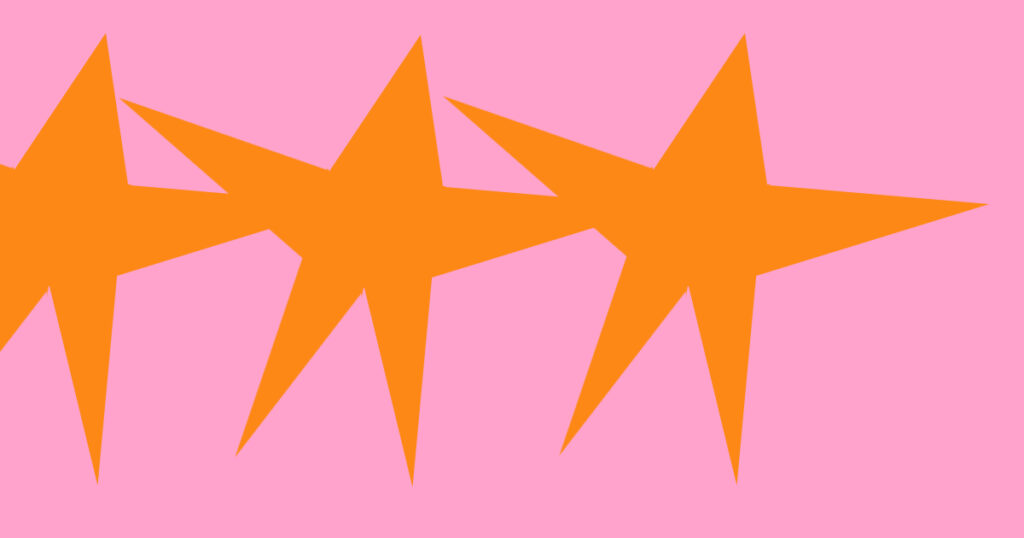What do I mean by “nutritional therapy” and “supplements”?
Nutritional therapy
By “nutritional therapy” I mean using additional, man-made, supplemental sources of vitamins, minerals, and other substances essential to bodily functioning to fix health problems. A more accurate term is orthomolecular therapy or medicine, but I didn’t come across that until recently.
I have altered my diet radically and frequently over the years — to avoid gluten, dairy, goitrogens, and histamine, among other things — and although it helped a great deal, it did not completely resolve my problems.
In my experience, and from what I have learned in my research, an illness that is due to a nutritional deficiency cannot be fixed with the amounts of nutrients found in food alone. Or not any time soon, anyway.
Supplements
A recent New York Times article on hidden ingredients such as laxatives and amphetamines in dietary supplements made me think I’d better clarify what exactly I’m talking about. People who are strangers to health food stores might associate supplements with infomercials and photos of big biceps and tiny bikinis or names like DroolingHotTeenageBodNOW!
Technically, I’m referring to DIETARY supplements. Here’s the FDA’s definition:
“A dietary supplement is a product taken by mouth that contains a “dietary ingredient” intended to supplement the diet. The “dietary ingredients” in these products may include: vitamins, minerals, herbs or other botanicals, amino acids, and substances such as enzymes, organ tissues, glandulars, and metabolites. Dietary supplements can also be extracts or concentrates, and may be found in many forms such as tablets, capsules, softgels, gelcaps, liquids, or powders. They can also be in other forms, such as a bar…[they are considered] in a special category under the general umbrella of “foods,” not drugs…”
Brands and sources
For the most part I used the biggest brands found in health food stores, which are not necessarily the same as those found in supermarkets and drugstores or GNC. I avoid store brands unless I’m broke, which happens, or on vacation away from home, which at the rate I’m going will never happen again, or unless it’s vitamin C, which doesn’t worry me too much. I do not buy multi-level marketing products. I have bought supplements available only through doctors, but not products labeled by a doctor’s practice.
Which leads me to a much-lamented fact I’ve learned over my 12 years visiting alterna-docs in Seattle and Northeast Ohio: they’ll try to sell you stuff. You can’t dismiss them as incompetent or unworthy just because of that. (However, if they say, “You should not be so choosy [in your dating]. After all, you are not a princess,” it’s time to leave and slander the mofo everywhere you go.)
Types of supplements I have used or tried
Except for the first two years when I took a multi-vitamin by Freeda, which specializes in gluten-free preparations, and except for B-complex vitamins, I have for the most part avoided products that have more than one category of substance in them. It’s just too difficult to figure out what’s doing what.
- amino acids: usually singly, but sometimes a complex
- digestive enzymes: usually in combos and often with betaine hydrochloride
- essential fatty acids: singly and in combo (Omegas 3, 6, 9)
- glandulars: from cow or pig thyroids (not OTC), livers, or adrenals
- herbs: I’m putting garlic and psyllium husks in this category
- hormones: melatonin, DHEA
- minerals: singly, except maybe calcium/magnesium and/or zinc mixes. Not colloidal silver.
- misc.: hyaluronic acid, CoQ10, malic acid, SAMe, blue algae, chlorophyll, charcoal, and some sort of clay I forget
- probiotics
- vitamins: singly, except for B-complex
About herbs
I’ve used traditional American, European, Chinese, and Ayurvedic herbs: peppermint, passionflower, guggul, licorice, oregano, holy basil, etc. I’ve also tried the preparations of herbal combinations used in Chinese medicine for a gazillion years, under the care of my M.D./D.O.M. acupuncturist.
Oh, and FYI: some plants’ chemicals wax and wane with the moon. That’s why in the old days people were instructed to pick them during a full moon. It was a way of standardizing the amount of the active ingredient.
_________________
This content was first published in two posts on 3/7/2011 and 3/10/2011, transferred to permanent pages on 8/31/2011, updated on 10/20/2011, and updated and transferred to a single new page on 12/24/2018.





